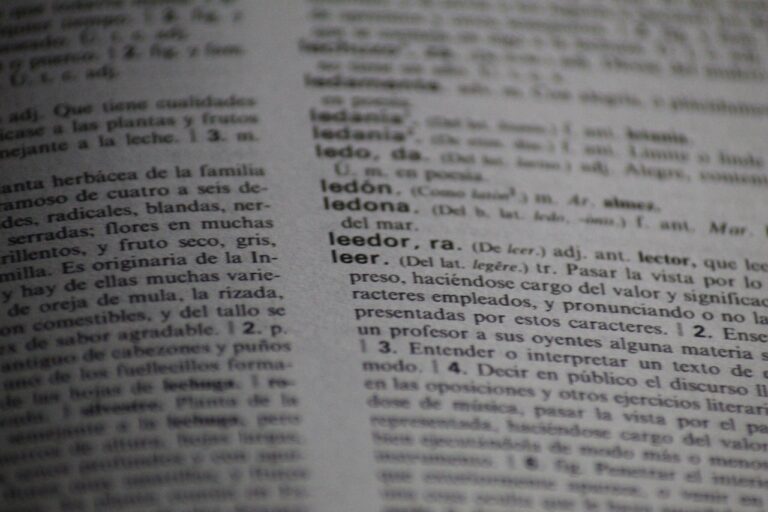The Influence of Learning Theories on Curriculum Development: Diamond exchange 9, Sky99exch, Reddybook
diamond exchange 9, sky99exch, reddybook: Learning theories play a crucial role in shaping the way educators design and develop curricula. By understanding how individuals learn, teachers can create learning experiences that are effective and engaging. There are various learning theories that have influenced curriculum development over the years, each offering unique perspectives on how students acquire knowledge and skills. In this article, we will explore the influence of learning theories on curriculum development and how they impact the teaching and learning process.
Behaviorist Theory
Behaviorist theory, pioneered by psychologists such as B.F. Skinner and Ivan Pavlov, focuses on observable behaviors and the concept of reinforcement. In curriculum development, behaviorist theory emphasizes the importance of structured learning experiences, clear objectives, and repetition to reinforce learning. Curriculum designers often use behaviorist principles to create step-by-step learning activities and assessments that encourage students to practice and apply new skills.
Cognitive Theory
Cognitive theory, on the other hand, focuses on how students process information and construct knowledge. Founded by theorists like Jean Piaget and Lev Vygotsky, cognitive theory emphasizes the importance of critical thinking, problem-solving, and active engagement in the learning process. Curriculum developers often incorporate cognitive theory by designing activities that promote higher-order thinking skills, such as analysis, synthesis, and evaluation.
Constructivist Theory
Constructivist theory, influenced by theorists like John Dewey and Jerome Bruner, suggests that learners actively construct their own understanding of the world through experiences and interactions. In curriculum development, constructivist theory emphasizes the importance of hands-on learning, collaboration, and real-world applications. Curriculum designers often create project-based learning experiences and interdisciplinary units that allow students to explore and make meaning of concepts in context.
Humanistic Theory
Humanistic theory, inspired by psychologists like Carl Rogers and Abraham Maslow, focuses on the individual’s self-actualization and personal growth. In curriculum development, humanistic theory emphasizes the importance of fostering students’ creativity, autonomy, and intrinsic motivation. Curriculum designers often integrate student choice, self-directed learning, and authentic assessment methods to honor students’ unique backgrounds and learning styles.
Social Learning Theory
Social learning theory, developed by Albert Bandura, emphasizes the importance of observation and modeling in the learning process. In curriculum development, social learning theory highlights the value of cooperative learning, peer collaboration, and role modeling. Curriculum designers often create opportunities for students to learn from each other, engage in group discussions, and participate in collaborative projects that reflect real-world contexts.
Connectivist Theory
Connectivist theory, proposed by George Siemens, focuses on the concept of learning as networked connections in a digital age. In curriculum development, connectivist theory emphasizes the importance of leveraging technology, online resources, and social networks to facilitate learning. Curriculum designers often incorporate digital tools, multimedia resources, and virtual learning environments to create interactive and personalized learning experiences for students.
In conclusion, learning theories play a significant role in shaping curriculum development by providing educators with valuable insights into how students learn best. By understanding and applying these theories, curriculum designers can create meaningful learning experiences that meet the diverse needs of students and prepare them for success in the 21st century.
FAQs
Q: How do learning theories influence curriculum development?
A: Learning theories provide educators with frameworks and principles to design and implement effective teaching and learning experiences for students.
Q: What are some examples of learning theories?
A: Examples of learning theories include behaviorist theory, cognitive theory, constructivist theory, humanistic theory, social learning theory, and connectivist theory.
Q: How can educators integrate learning theories into curriculum development?
A: Educators can integrate learning theories into curriculum development by designing learning activities, assessments, and instructional strategies that align with the principles and concepts of different learning theories.
Q: Why is it important to consider learning theories in curriculum development?
A: Considering learning theories in curriculum development helps educators create engaging, relevant, and student-centered learning experiences that promote deep understanding and long-term retention of knowledge and skills.







